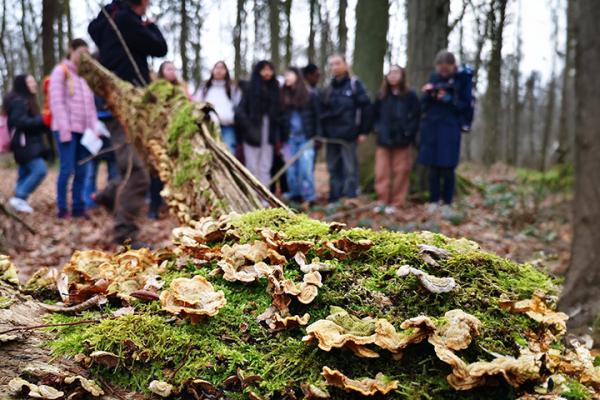Children’s universities to help shape the way we teach
What are the two most important factors that determine whether a young person goes to university? IQ? Exam grades? Interview performance? None of those: in fact family income and where you live both provide a better indicator of whether you will go to university or not.
The solution, according to the EU-funded SiS Catalyst project, is to get children involved in shaping the education system. And unlocking the potential of the younger generation means including everyone: identifying locally defined minorities – the largest in Europe is the Roma – and recognising that inequalities do exist is a key strand in SiS Catalyst’s work.
It has set up a revolutionary programme that brings together education establishments and children in order to allow children to make their voices heard.
‘Children are one third of the population – so we asked ourselves how we could get them involved in policy and practice. We chose as our vehicle a children’s university-type activity,’ said Tricia Jenkins, director of the International Centre for Excellence in Educational Opportunities at the University of Liverpool, UK, which is coordinating the project.
The project, which has partners in 11 EU countries, involves children between the ages of seven and 14 years old in a series of children’s universities. These are normally after-school workshops run in association with a university. The format of the workshop varies depending on the local context: the demographic of the area, the children’s age and the subjects being studied, but the aim is to use the findings to produce guidelines for universities, schools and research institutes across the EU.
One notable success for the project came with SISSA, the International School for Advanced Studies in Trieste, Italy, a research institute for mathematics, neuroscience and physics that got involved with SiS Catalyst. It has now set up its own children’s university organising open days, school visits and conferences and hosting about 1 500 children so far.
Interdisciplinary working groups
What the four-year SiS Catalyst project has found is a need for fundamental change in the education system.
“‘The current education system is unfit for purpose.’
One of the problems is that with a strong emphasis on assessment and tests, the education system does not make the most of that curiosity and optimism. ‘When you look at science at university it’s very linear. The definition of success is a young person with a set of skills that makes them employable.’
While universities recognise the need for interdisciplinary research and working groups, that does not usually materialise until PhD level – with learning structured in a very linear way until that point. And that does not chime with how children’s minds work.
Getting beyond that linear approach won’t just have an impact on those at school, Jenkins said. The project has highlighted more fundamental questions that society is having to answer.
‘The current education system is unfit for purpose, and the public engagement with science debate has not included children so far,’ said Jenkins. ‘This is about everyone taking responsibility for making changes.’
Jenkins said teachers were not the problem. ‘SiS Catalyst is not about knocking teachers, who do an amazing job in very difficult circumstances. At the heart of what we’re talking about is societal change.’




